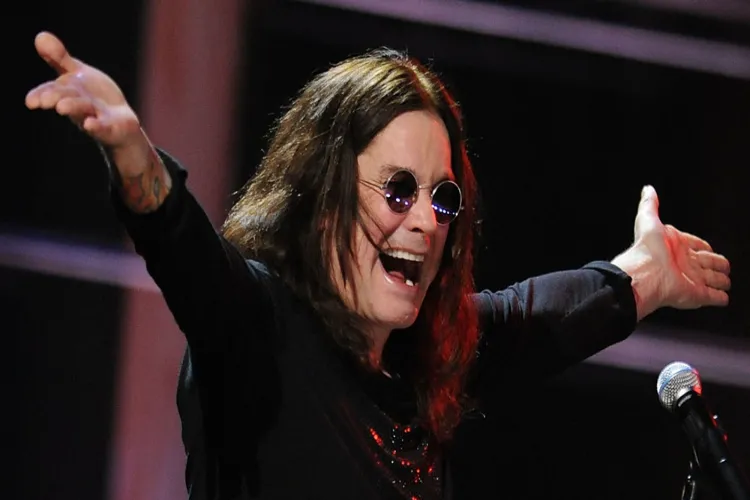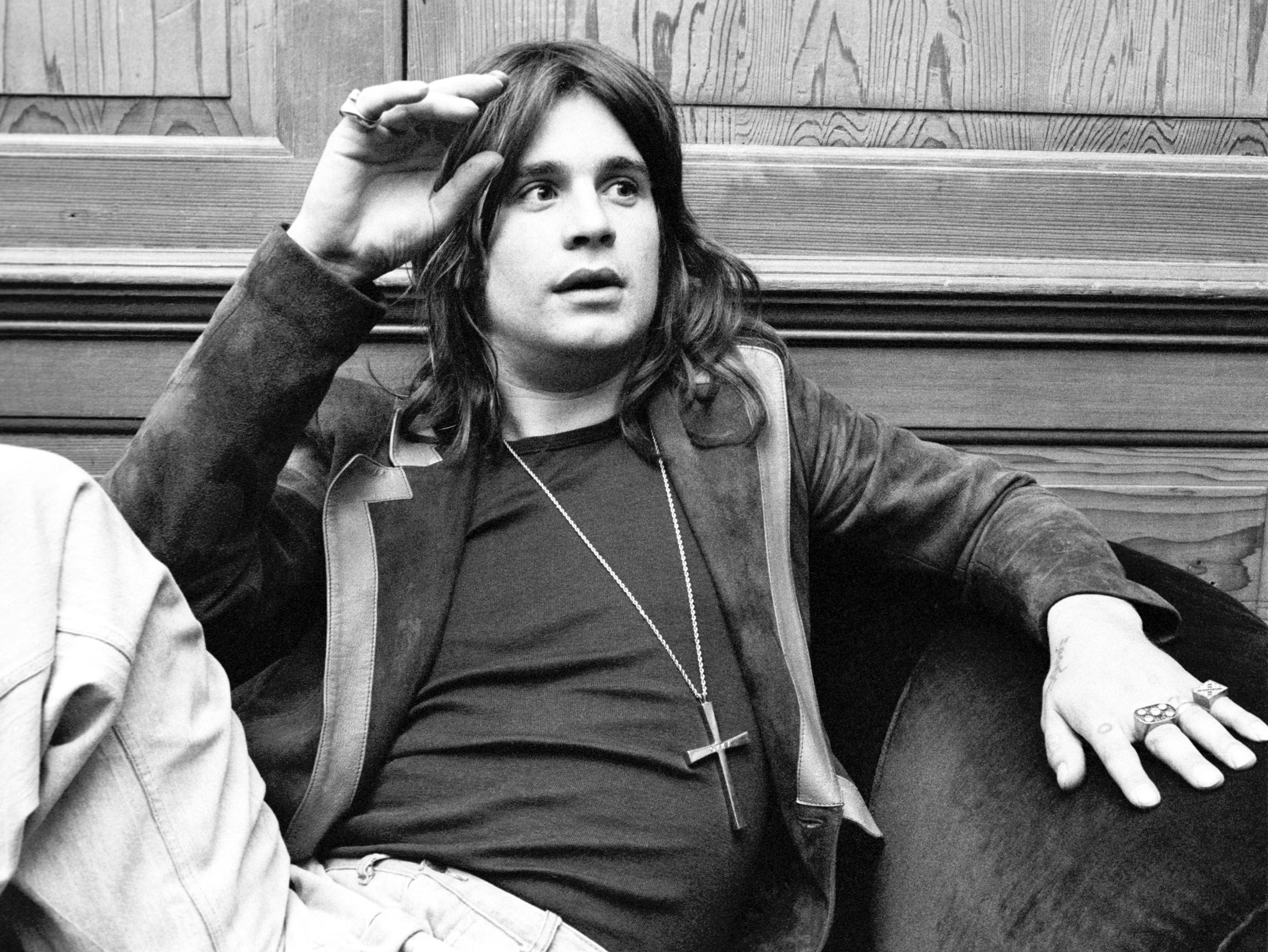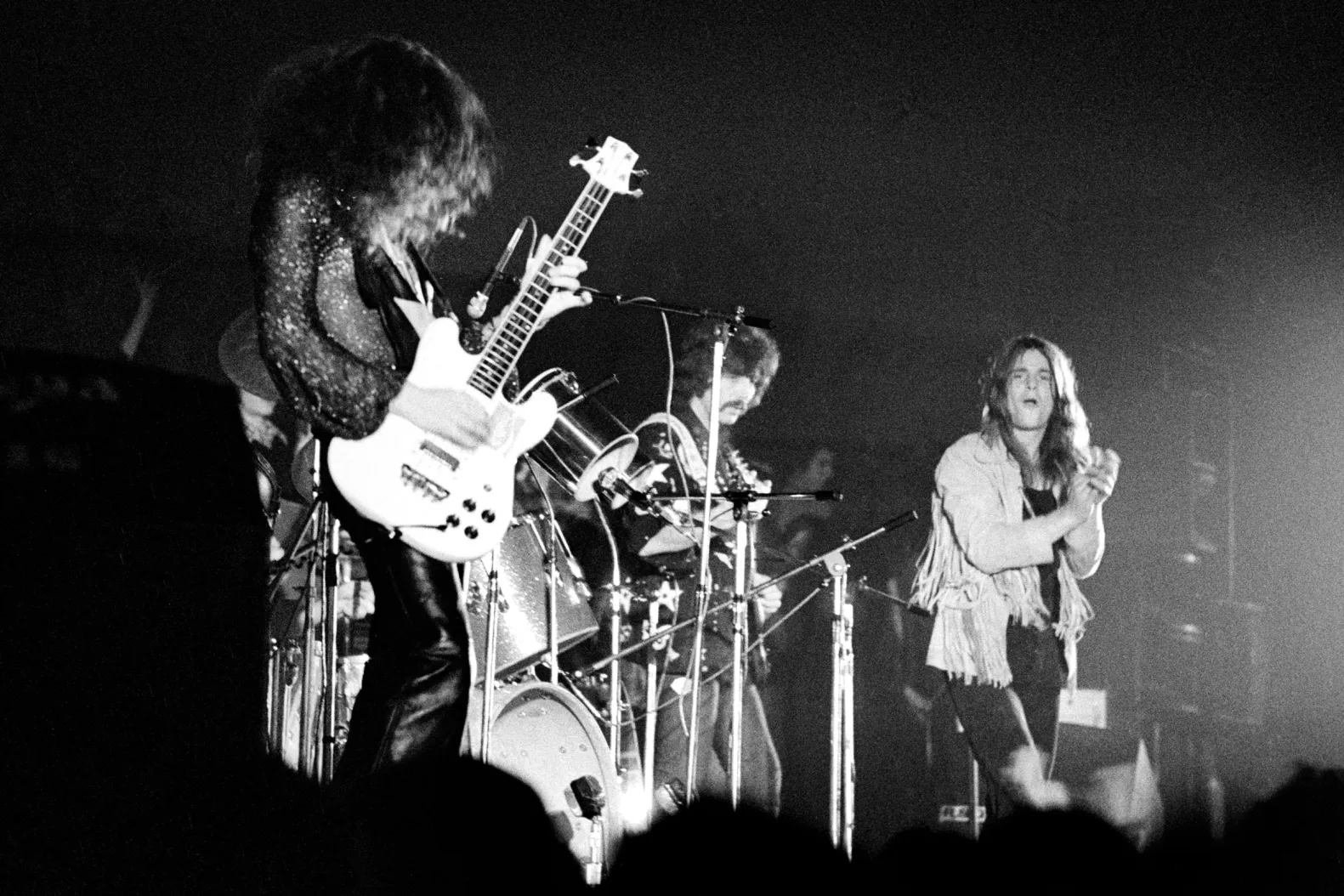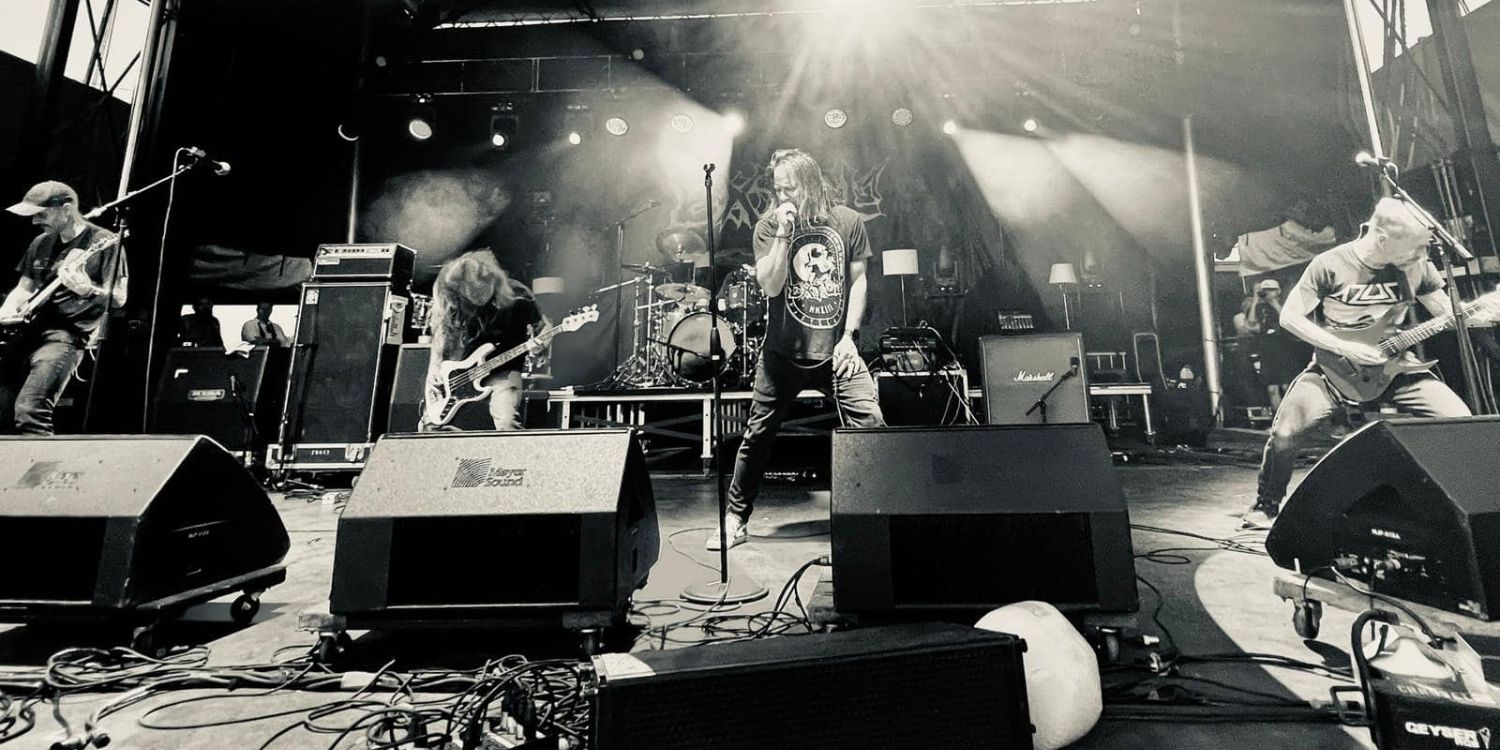
Siddharth N/New Delhi
Tuesday, 22 July, 2025, is a day of mourning for listeners of hard rock, metal, and punk music across the world. On this day, one of the founding fathers of heavy metal, the singer Ozzy Osbourne passed away.
Ozzy, with his debut in the band Black Sabbath, rocked the world of music.
He influenced all of music with the dark and heavy sound (metallic and loud) that has today become a fundamental of metal music of all kinds. Metal stood out from rock music in being loud on principle.
John Michael “Ozzy” Osbourne was born at a maternity hospital in Marston Green and grew up in Birmingham in the UK. His mother worked at a factory and his father worked night shifts as a toolmaker at an electronics company. He had three older sisters and two younger brothers. The family was working class and lived together in a small two-bedroom home. As a child he struggled at school due to Dyslexia. He left school at the age of 15 and did several odd jobs till he joined his later bass player and lyricist’s band Rare Breed which broke up after two years of performing.
 Ozzy Osbourne
Ozzy Osbourne
While for rock music, the loud electric guitar, drums, and bass guitar were on occasion stylistic and artistic choices for specific song ideas, metal began with loudness and decorated it with their ideas of musical melodies.
Ozzy and his peers began performing as Black Sabbath in 1968.
Black Sabbath in particular was a very special band to have kickstarted such a huge movement in music. For the mainstream audience, the pull of most Western mainstream music ends up being the sound of the piano, guitar, drums, and of course, the singing.
Black Sabbath’s sound, the effect-heavy and distorted electric guitar, is quite the story. Tony Iommi, the guitarist of the band, lost his fingertips in an industrial accident and became a virtuosic guitar player. Despite this, he has prevailed to become the voice of young guitarists of the genre across the world.
One of the top comments on Black Sabbath’s black and white music video for the song Paranoid screams in unapologetic capital letters, “The birth of METAL”.
Most of metal since the 1970s has been influenced by growing movements of rock music before it. When the rock and roll movement began, it was viewed as satanic and ungodly due to its loud sound. At the same time, it became a platform for innovation, normalising loud sounds and redefining the serenity and peace that can be found in music.
Metal was influenced by the revolutionaries within rock itself; in the late 1950s and 1960s, artists like Pink Floyd, The Beatles, Jimi Hendrix, were coming up with sounds that radio hosts and television found vulgar and repulsive. However, despite this, it found an audience that only grew more and more.
In 1970 when Black Sabbath released their debut album Black Sabbath, they had done so at a very opportune time where the mainstream audience was just beginning to be open to the idea of this loud sound and appreciative of the newer melodies and how it pulled their ears closer to this sound, wondering how they could hear something even louder.
 Black Sabbath performing live on stage
Black Sabbath performing live on stage
In ways the ‘birth’ of Heavy Metal opened up doors to many other revolutions within music. The Beatles with the help of Pandit Ravi Shankar had popularised the Sitar, and had brought to the traditional Indian sound the electronics of the guitar, to make it louder and tighter, giving birth to the Zitar.
Similarly, Black Sabbath opened the flood gates for louder sounds, some even drifting from a need to be melodic in the traditional sense.
Today, many progressive heavy bands are seen using these traditional instruments, even incorporating eastern rhythmic instruments, as opposed to just wind and string instruments, in their drum kits, further globalising music and giving all musical cultures in all corners a deeper and richer identity in the eyes of the global public.
Metal hasn’t been a movement that has just given voice to musicians alone. It has given platform to musicians as more than just musicians, musicians with a cultural and religious voice. For instance, Extol is a Norwegian band, which formed in 1993, that voices gospel in this heavy rhythmic and melodic structure and sound, trying to redefine spirituality and divinity itself.
 Metal Band Extol performing live on stage
Metal Band Extol performing live on stage
Another example of cultural identities that revolutionise themselves through Metal or hard rock is an Indonesian band, Voice of Baceprot. The group consists of Firda Marsya Kurnia, Widi Rahmawati, and Euis Siti Aisyah, who came together and formed the band in 2014.
They perform at home and across the world wearing hijab, redefining the predominantly masculine image of the metal and rock genre and to remove misconceptions of the identity of Muslim women.
 Voice of Baceprot performing live on stage
Voice of Baceprot performing live on stage
Through this innovative musical expression, they have achieved global recognition.
Metal has ceased to be a mere western phenomenon but has given voice to all languages across the world. Voice of Baceprot write their songs in both English and Sundanese, a native language of Western Java, Indonesia.
So, while mourning and remembering the voice of Ozzy Osbourne, it is equally important to remember the chain reaction that the band started, which has motivated youths and elderly across the world to make music their respite, identity, livelihood and sole voice in times of toil and struggle.
ALSO READ: Mohammad Ibrahim’s inspirational journey from Motihari to global business arena
Heavy Metal itself remains an exemplar of how the unconventional can hurl itself to spotlights never seen before for those who would have perhaps never been seen at all were it not for the opportunity provided by the same.
